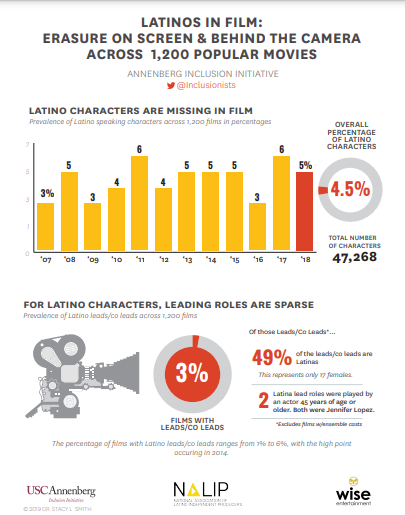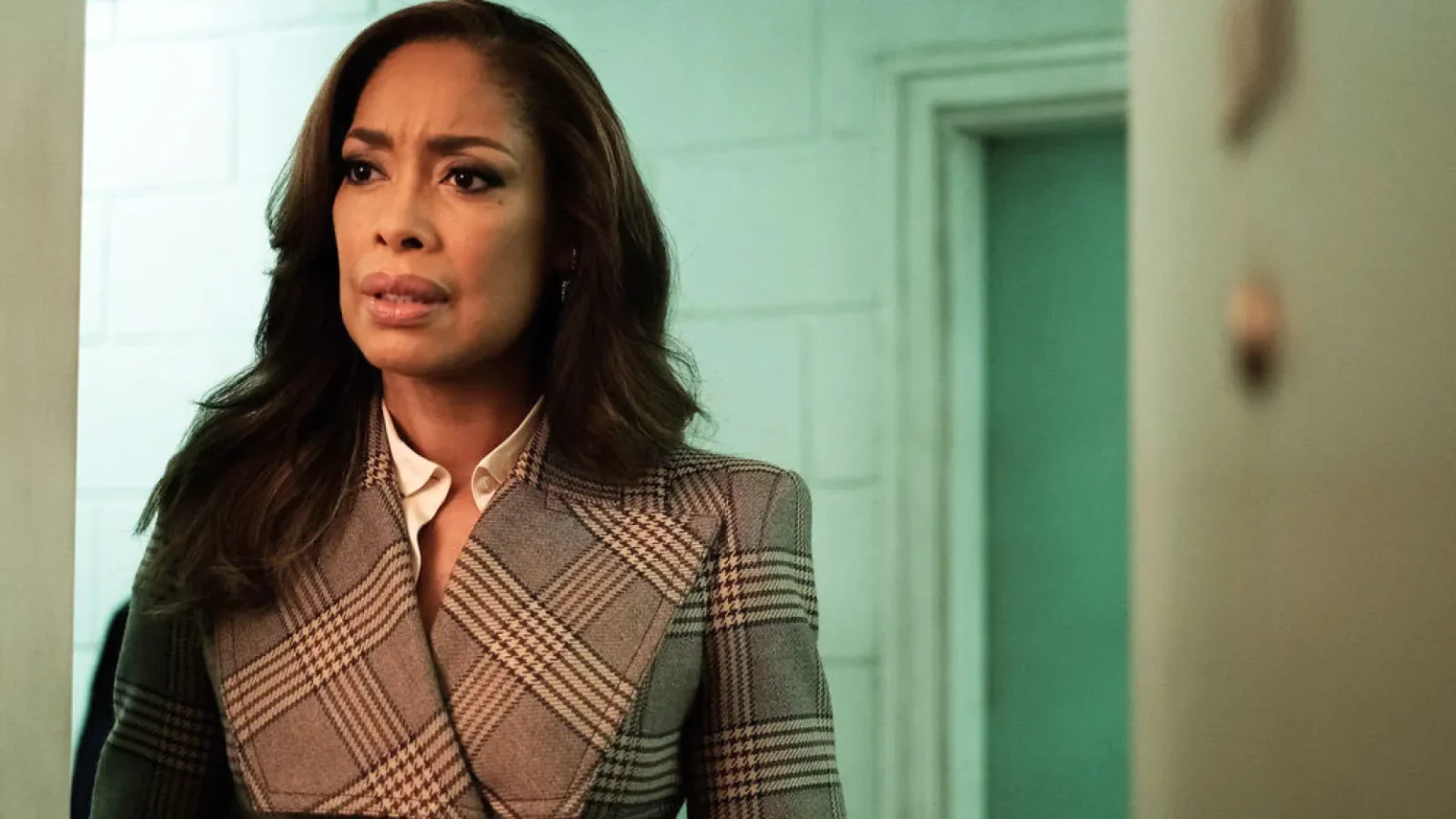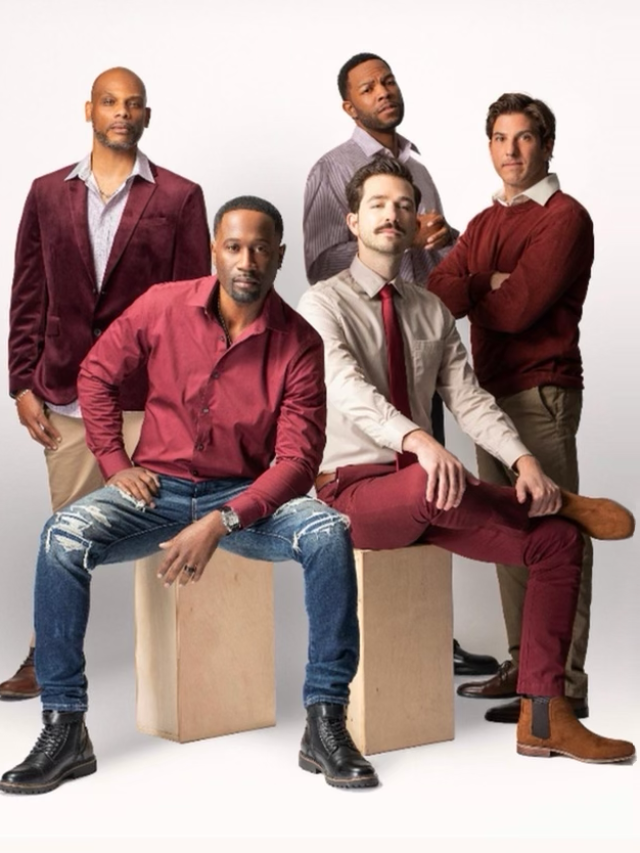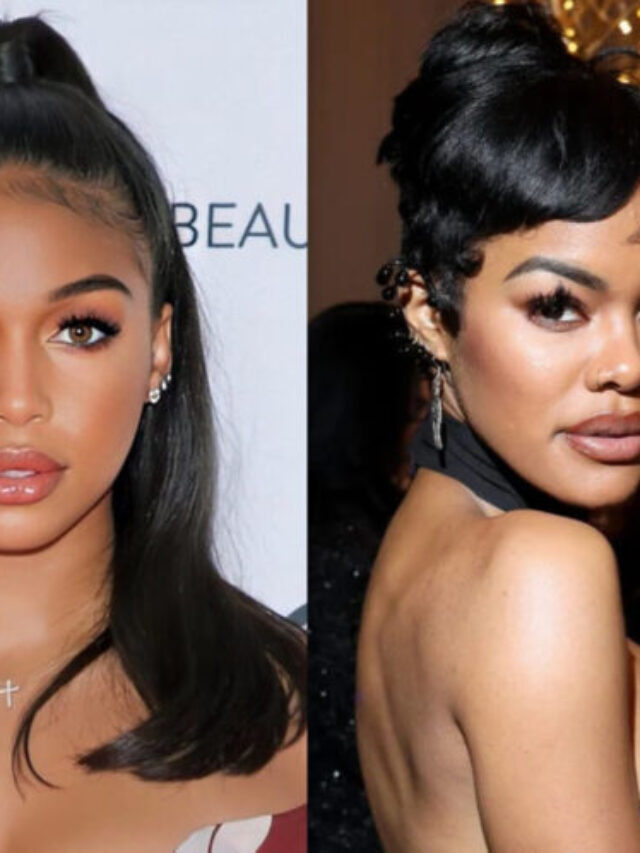|
Listen to Article + Become a member for exclusives 👍🏽
|
Well, go ‘head Ms. Gina Torres.
If you’re not familiar with Gina Torres, here’s a quick reminder. She’s been on successful shows like USA’s Suits as Jessica Pearson and FOX’s 9-1-1: Lone Star. The actress also voiced DC Comic’s character Vixen on Justice League: Unlimited and Ebony Brown on The Boondocks.
What you may also not know is that she identifies as an Afro-Latina actress. Perhaps many fans and viewers of her on-screen work were not aware of her origins.
Recently, she’s been opening up about her identity and representation as a veteran actress.
In early August, actress Justina Machado hosted The Culture Is: Latina on MSNBC and streaming on Peacock.
She joined other notables such as Gloria Estefan, Bricia Lopez, Janel Martinez, and others during an intimate dinner. The group of women got candid about issues affecting their community and how it impacts them personally.
During the roundtable, Torres got in-depth about her heritage and how she felt about sacrificing one part of her identity in exchange for embracing another to keep working in Hollywood.
“I feel like I was living in three worlds,” she said. “There was my world, that I grew up in, also Spanish-speaking. Home, Cuban parents, and then you go out into the world, and I’m speaking English and I’m in the Bronx. And then, going into this industry as an actress, then nobody recognizes you as either one.”
She went deeper into her struggles with being Latina and a Black woman,
“There was no place for me as a Latina, and then as a Black woman—I didn’t identify as a Black woman, because for me it was cultural. Because, of course, I present Black, I am a Black woman.”
The actress added,
“I am also Cuban. When you’re here in the United States and they ask you to be in a box, and you don’t fit into the box…culturally, it was different. It was not one that I identified with. But to work, to survive, it was something that I had to learn, the 53-year-old concluded.”
After receiving the role of Tommy Vega on 9-1-1 Lone Star, Torres asked showrunner Tom Minear if the character could be Afro-Latina. However, Minear was on board with the suggestion but unsure of what was required.
Once she explained that the character needed to speak Spanish, at any given time, and for the audience to experience part of her culture as Latinadad, it made a difference.
“That was incredibly important for me because so often marginalized people aren’t really depicted as being fully human. They’re not given the same attention, they’re not given the same time, they’re not given families,” Torres said.
When asked during an interview about what the industry can do to integrate more Latin representation in film and television, Torres simply said,
“Hire us. It’s not hard!”
According to a study done in 2019, Latinx actors made up only three percent of roles, whether lead or co-lead, for a little over a decade. This included directors, producers, and casting executives.











